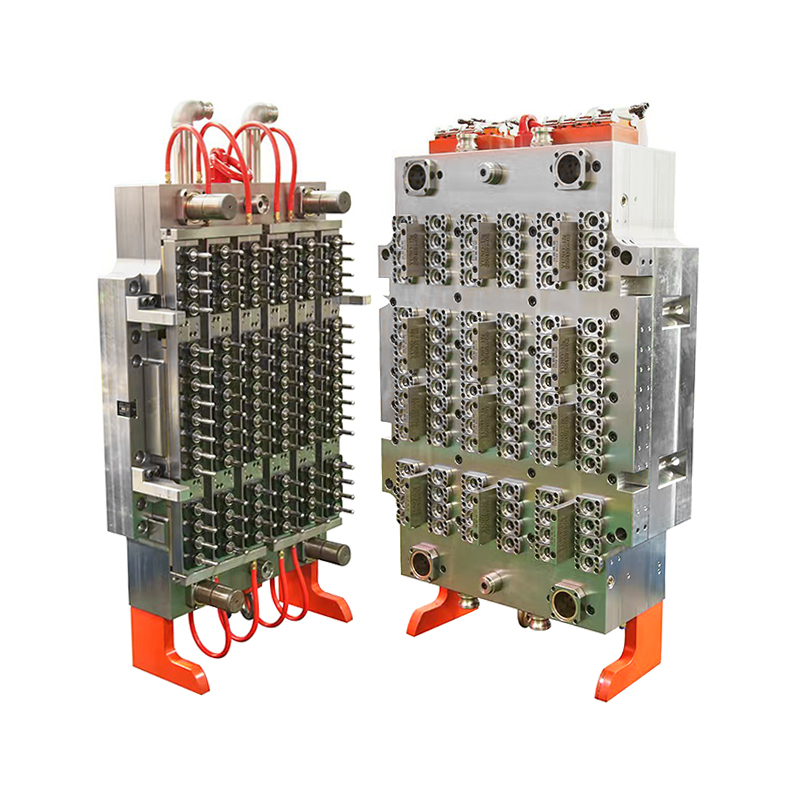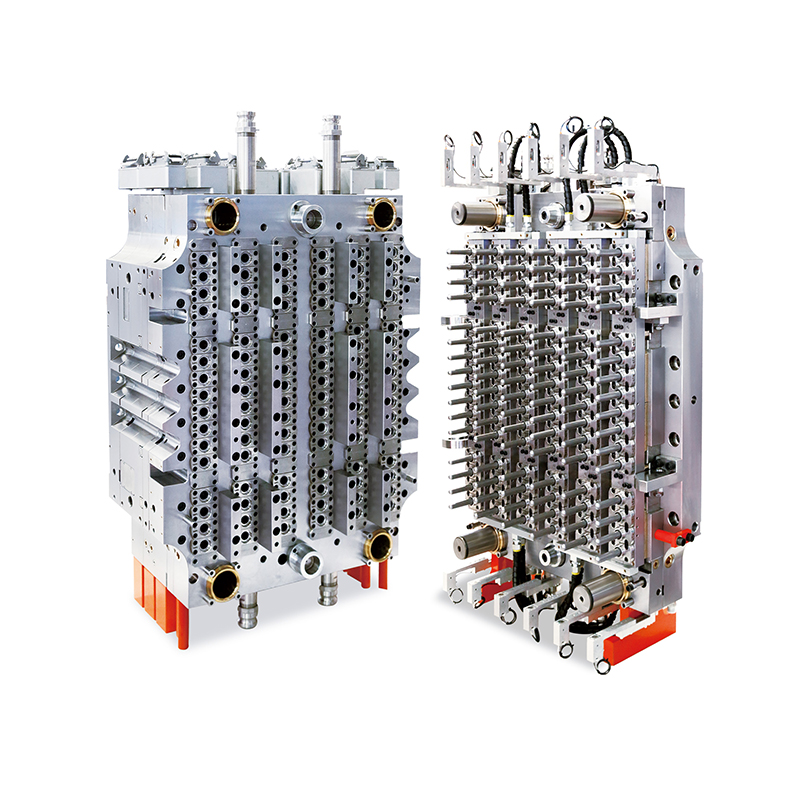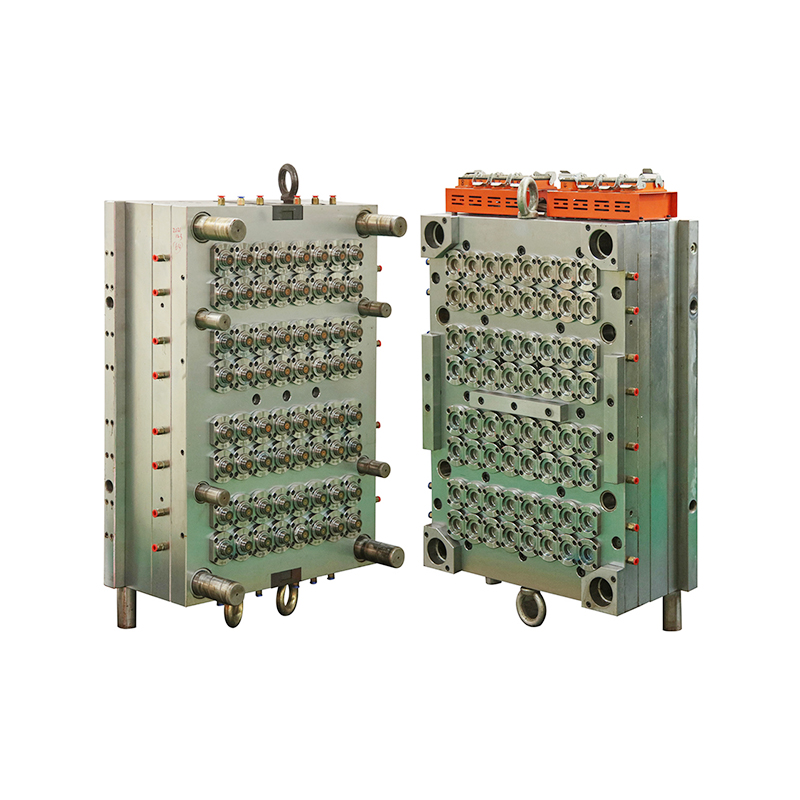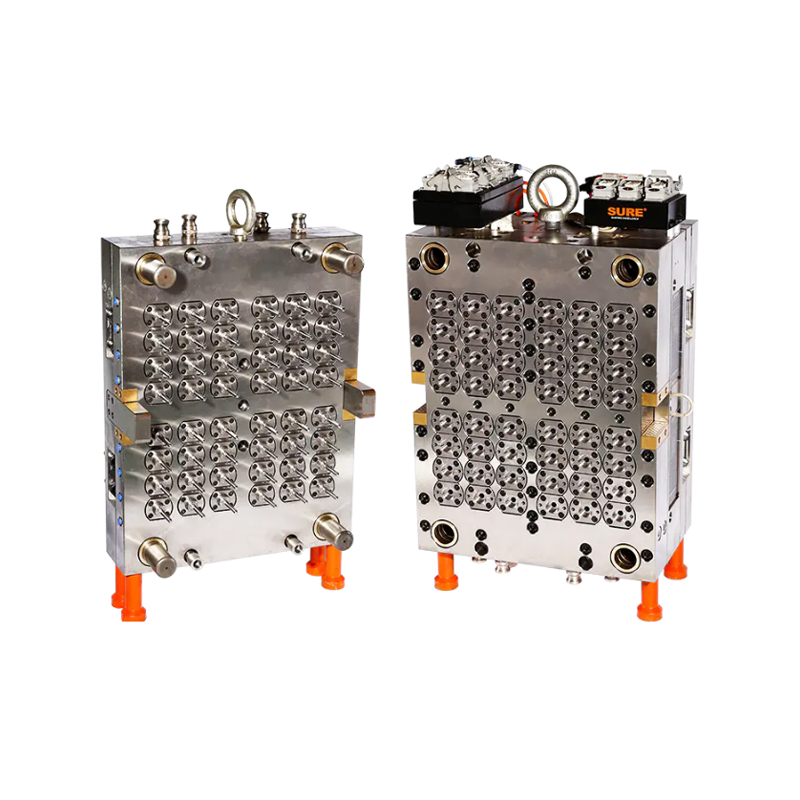No.148 Yongda Road, Jiangkou Street, Huangyan, Taizhou, Zhejiang, China.
In the medical and diagnostic industry, the demand for efficient blood collection equipment has driven manufacturers to innovate in mold technology. Among these innovations, the blood collection tube mould has emerged as a critical tool for enhancing production capacity. Companies specializing in high-precision molds are increasingly adopting multi-cavity systems, which allow multiple preforms to be produced simultaneously, significantly increasing throughput and reducing manufacturing cycle times.
Taizhou Huangyan Yuno Mould Co., Ltd. a leading mold manufacturer based in Huangyan, Taizhou, exemplifies this trend. With over a decade of experience, Yuno Mould specializes in producing a variety of medical molds, including high-quality 24-cavity blood collection tube moulds, designed to meet the high-volume demands of modern diagnostic laboratories. Their approach integrates advanced CAD/CAM design, precision CNC machining, and strict ISO9001 quality control standards, ensuring each mold achieves consistent performance and reliability.
The adoption of multi-cavity molds brings several advantages to production lines. Firstly, it enables simultaneous formation of multiple preforms, optimizing machine utilization and lowering per-unit manufacturing costs. Secondly, the precision-engineered cavities ensure uniformity across each tube, which is crucial for maintaining sterility, volume accuracy, and compatibility with automated laboratory analyzers. Finally, these molds support faster cycle times, helping manufacturers respond to surges in demand during peak seasons or large-scale procurement contracts.
Yuno Mould emphasizes the importance of combining engineering excellence with material optimization. Their blood collection tube molds are typically constructed from high-grade steel and treated to resist corrosion, wear, and repeated thermal cycling. Cooling channel designs are carefully implemented to maintain consistent temperature control, preventing warping and enhancing the clarity of each tube. By reducing downtime and defect rates, these features directly contribute to higher productivity and lower operational costs for clients.
Customization is another significant aspect of modern blood collection tube molds. Yuno Mould’s technical team collaborates closely with clients to tailor cavity counts, mold dimensions, and injection gate placements according to specific production requirements. This level of customization ensures that each mold integrates seamlessly into existing production lines while meeting regional regulatory standards and quality expectations.
Automation and digital monitoring play a central role in modern multi-cavity mold operations. Advanced sensors continuously measure parameters such as temperature, injection pressure, and cavity fill levels, while precision control systems adjust machine settings in real time to maintain optimal conditions. This data-driven approach enables operators to detect anomalies early, minimize defects, and ensure uniform quality across all cavities. By integrating these technologies, manufacturers achieve higher efficiency, reduce material waste, and maintain consistent output, even during extended production runs or under varying environmental conditions.
Globally, the adoption of multi-cavity blood collection tube molds is reshaping the landscape of medical manufacturing. Rising diagnostic testing volumes, particularly in emerging markets, make the efficient production of high-quality tubes a competitive advantage. Companies such as Taizhou Huangyan Yuno Mould demonstrate how technical innovation, material expertise, and process optimization converge to meet the evolving demands of laboratories and healthcare providers worldwide.
By prioritizing throughput, precision, and reliability, multi-cavity blood collection tube molds are now recognized as essential tools for scaling production in response to global medical needs. Their continued development ensures that healthcare institutions have access to safe, consistent, and high-quality blood collection solutions.


 英语
英语 法语
法语

















